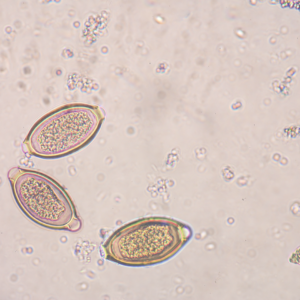The seminal microbiome is an ecosystem of bacteria, yeast, viruses, fungi and other microorganisms found in semen.
Occasionally, the composition of these organisms becomes unbalanced, known as dysbiosis! Pathogenic bacteria can overgrow and may cause a range of health concerns such as: infections, infertility, prostatis and more.
However, dsybiosis is often asymptomatic, therefore investigating your seminal microbiome may be the missing step in your own journey.
Inflammation
An imbalanced microbiome can trigger chronic inflammation in the male reproductive tract, affecting testicular function, sperm production, and prostate health.
Chronic inflammation can also promote the presence of anti-sperm antibodies.
Inflammation is often asymptomatic, so it can be a difficult one to determine. Therefore, testing for bacterial growth is preferred.
Pathogens
Studies have shown certain bacterial species are associated with poor semen quality.
For example, Prevotella species have been associated with abnormal semen parameters.
Furthermore, the seminal microbiome interacts with your partner’s vaginal microbiome (in heterosexual couples). Therefore, pathogens can easily be passed between partners, resulting in dsybiosis in both, which negatively impacts pregnancy outcomes.
Oxidative stress
Beneficial bacteria can help maintain semen homeostasis, while pathogenic species can lead to oxidative stress, which damages sperm.
Sperm quality
The composition of the semen microbiome may affect sperm motility, concentration, and DNA integrity.
Conclusion
The seminal microbiome is increasingly thought to play a bigger role in fertility than most people realise. From sperm quality, to inflammation in yourself and your partner – the balance of bacteria in your semen can either support or hinder conception.
Understanding your own microbiome is a powerful first step. This is why ScreenMe offers gold-standard testing; so you can investigate all bacterial species present, as well as their balance.
Fariba Khonsari








